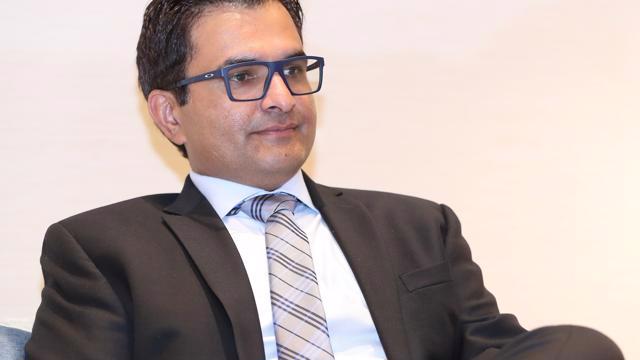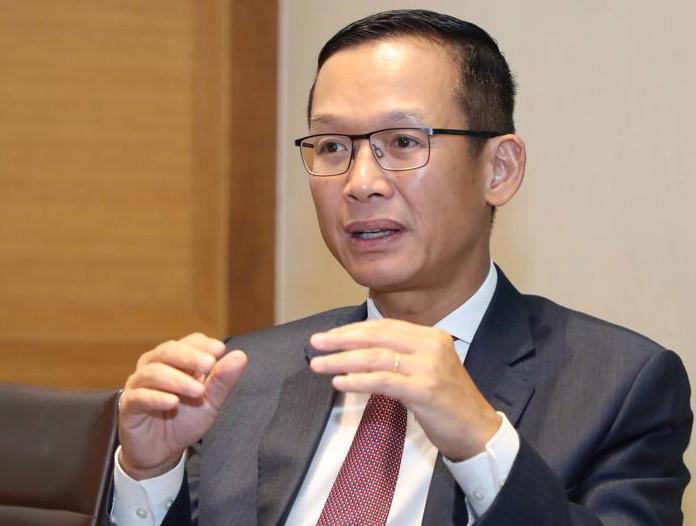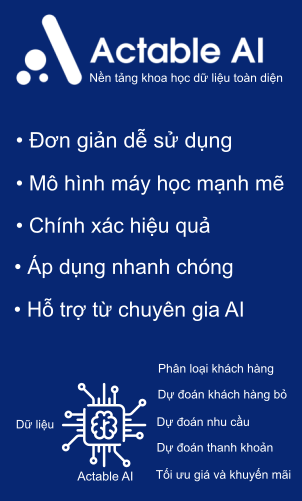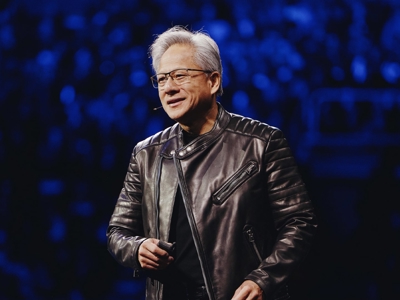5G to have major impact on many industries in Asia and Vietnam
With a tremendous amount of momentum behind commercialization globally in recent years, 5G is expected to have a huge role to play in many industries in Vietnam and Asia, according to Mr. Shah Zeb, Senior Director Business Development of Qualcomm Technologies, Inc and Mr. Thieu Phuong Nam, CEO of Qualcomm Vietnam, Laos and Cambodia.

Mr. Shah Zeb, Senior Director Business Development of Qualcomm Technologies, Inc.
What do you think about the pace of 5G deployment and commercialization in Asia? Compared to developed countries, where does Asia stand on the road to commercial 5G?
If you look at the global adoption of 5G, there are more than 214 countries that have already commercially launched 5G networks. There’s a tremendous amount of momentum behind the commercialization of 5G globally. That basically means that countries that did the spectrum auctioning not only in the US but also Australia and now Brazil and India, for example, are going to be part of the evolution behind the acceleration of 5G. So, there’s a global adoption of 5G, not from just one particular region. When you look into Asian countries, 5G can play a huge role in this region. You can see this in South Korea and Japan, where they have already deployed 5G extensively. There’s a tremendous push to continuously go and further accelerate 5G.

What are the biggest opportunities and challenges for 5G deployment in Asia?
I think, firstly, that when you talk about opportunities and challenges, it’s critical to have the right regulations in place. Secondly, having the right spectrum policy is also particularly important when it comes to deploying and building 5G networks. As we know, 5G basically works in different spectrums, and having spectrum policy and regulations, which basically allows you to build and utilize all available 5G spectrums, is key when it comes to building 5G networks.
One of Qualcomm’s top priorities is for governments to support next-generation networks by enacting 5G policies. Qualcomm recognizes that the deployment process for commercializing 5G can be lengthy. As a result, it hopes that governments can assist in hastening the 5G commercialization process.
Can you tell us more about the notable applications of 5G in different sectors of the global economy?
5G applications are targeted towards ultra-high speeds on mobile phones and have low latency and massive capacity, so to achieve the true benefits of 5G, it is absolutely critical that we deploy 5G in mid-band and mmWave bands together. The best practice is to look into countries where there is extensive commercialization, like the US and Japan, for example. For the 5G mmWave, they’re targeting certain areas which are high density locations. That’s where you need to have all available 5G spectrums such as mmWave.
Also, the true potential of 5G is way beyond smartphones, since there are other applications such as connecting smart factories, connecting a fixed wireless access at home, like broadband, and having access to these private networks as well. When you look into the application of 5G, they are targeting many different verticals, from industrialization to the sports and medical fields. Because of low latency and high speeds like real-time communications, telehealth is considered to be one of the biggest areas where 5G can have an impact.
Basically, 5G can be seen as a platform that connects smart devices and everything together.
So in Southeast Asia and Vietnam, how will Qualcomm work to boost the commercialization of 5G and what are the results of Qualcomm’s consultations in recent years?
I think from a global perspective, Qualcomm is playing a huge role, not only in the development of technology but also in enabling an ecosystem. We play a huge role in developing our partners and building use cases that others can come and deploy. I think applications are applicable such as smart city-based use cases, use cases for sports arenas, and use cases for high capacity, for example.
Qualcomm’s role in promoting 5G globally spans almost all fields and stages of development. It began researching and developing 5G technology many years ago, and the technology has only recently begun to be commercialized globally. However, the first work on 5G research and development, building 5G standards, began ten years ago.
To successfully commercialize a new technology, it is necessary to create a mobile ecosystem, either globally or in Vietnam. The first step is to make plans for spectrum policy. Qualcomm has also collaborated with numerous standards organizations and governments around the world. In Vietnam, it repeatedly collaborated with the Ministry of Information and Communications and related agencies such as the Radio Frequency Directorate and the Vietnam Telecommunications Authority to prepare for the spectrum strategy.
Nonetheless, in order to deploy 5G, there must be devices that can use 5G, and these devices are not limited to smartphones. To be successful in commercializing the technology, 5G compatible devices must be available. Qualcomm has been collaborating with manufacturers to develop 5G devices, beside smartphones.
Mr. Thieu Phuong Nam, CEO of Qualcomm Vietnam, Laos and Cambodia
What are your thoughts about the opportunities and challenges in 5G commercialization in Vietnam?
Qualcomm was among the first companies to develop 5G technology. When we talk about 5G, we’re talking about connecting things for applications like operating robots in smart factories or supporting real-time data transmission to perform remote surgery.
In Vietnam, Qualcomm also works with Phenikaa to develop 5G drones, 5G self-driving cars, and other devices. 5G equipment is inclusive, and Qualcomm technology will cover all those areas.
Qualcomm is collaborating with Viettel to test new 5G applications in Hanoi such as using 5G instead of fiber optic cable. Later, 5G will be used to provide broadband internet in remote areas of Vietnam where fiber optic cable cannot reach.
Furthermore, Qualcomm collaborated with Viettel to test the construction of a 5G university, building a 5G network using the most recent technology, mmWave, that covered the entire Phenikaa University. The entire Phenikaa campus is equipped with 5G mmWave networks. This enables researchers, students, and teachers to use 5G in learning, building, and developing new products, such as self-driving cars on the Phenikaa University campus or delivery drones.
Creating new business sources is both a challenge and an opportunity for carriers when deploying 5G. Carriers cannot earn much more revenue if they only target traditional business sources on smartphones when investing in 5G. As a result, new business resources are required, such as digital transformation applications in fields such as manufacturing, building smart factories, deploying robots, and deploying virtual reality in the medical field.

Do you think that Vietnam will be able to commercialize 5G this year?
Certainly. Compared to other countries in the region and the world, Vietnam was among the first to prepare for 5G technology. It has granted permission for 5G trials since 2019. Qualcomm also collaborated with carriers such as Viettel and VNPT to hold the first 5G trials, in 2019.
Carriers are currently deploying 5G on a commercial trial license. As a result, the operator requires an official license to deploy on a large scale. Looking at the countries, Malaysia has officially licensed 5G, the Philippines and Thailand have already done so, and the most recent is India, which has officially provided 5G since last week. The development of 5G in Asia and around the world is accelerating. Vietnam will be slow in comparison to other countries if it is not fast enough.
In addition, I believe that next year will be a watershed moment for 5G in Vietnam. Vietnam is ready to begin large-scale commercial deployment of 5G technology after a series of technological and experimental preparations. We are at the right time; the technology and device ecosystem are ready. Two years ago, the cost of 5G equipment was still high, but has now fallen to a reasonable level. Everything is nearly ready, and everything is perfect. Carriers have also tested 5G.
As a result, 2023 will be a critical year, and Qualcomm hopes our optimistic predictions come true. 5G will assist Vietnam in accelerating digital transformation programs, particularly with new 5G applications that are not limited to traditional smartphones.
These will be critical technology connection platforms for Vietnam to achieve its goal of total digital transformation. We have a goal for 2025 and vision to 2030, and a goal for the digital economy, all of which need 5G. Next year, hopefully, will be a watershed moment for 5G in Vietnam and digital transformation.



















